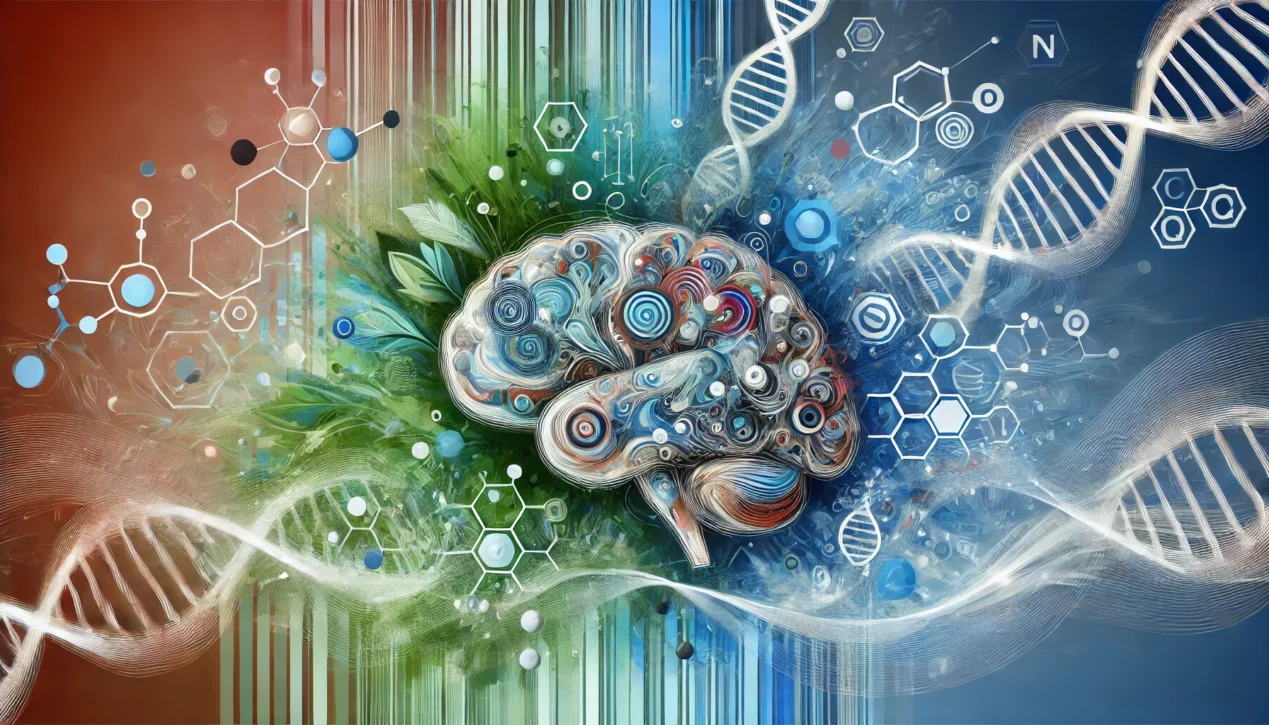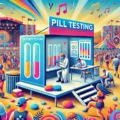In a study published in Biomedicine & Pharmacotherapy, researchers have delved deep into the epigenetic underpinnings of drug addiction, offering new hope for more effective treatments. The study, titled “Drug addiction and treatment: An epigenetic perspective,” explores how genetic and epigenetic interactions influence addiction and the potential of epigenome-editing technologies to treat this complex disease.
The Complexity of Addiction
As we have repeatedly noted here, in the Mindheal, drug addiction is not merely a result of poor choices or lack of willpower. It’s a multifaceted disease influenced by a myriad of factors including genetics, environment, and intricate brain mechanisms. This comprehensive review by researchers Arunkumar Singh Koijam and his colleagues from the Institute of Bioresources & Sustainable Development and Manipur University highlights how addiction transitions from the positive reinforcement of drug rewards to the negative reinforcement aimed at countering withdrawal symptoms.
The study identifies key brain regions involved in addiction, such as the Prefrontal Cortex (PFC), Ventral Tegmental Area (VTA), Nucleus Accumbens (NAc), and Amygdala, which together form the brain’s reward pathway. These areas undergo significant changes in response to drug exposure, affecting dopamine levels and the brain’s overall reward system.
Epigenetic Mechanisms: Beyond Genetics
Epigenetics refers to changes in gene expression that do not involve alterations to the DNA sequence itself but rather how genes are turned on or off. These changes can be triggered by environmental factors, lifestyle, and even drug use. The review outlines several epigenetic processes, including DNA methylation, histone modification (such as acetylation and methylation), and the role of non-coding RNAs. These processes can lead to long-lasting changes in brain function and behavior, contributing to the persistence of addiction.
Epigenome Editing: A New Frontier
One of the most exciting aspects of this research is the potential of epigenome editing as a treatment for addiction. Techniques like CRISPR-Cas9, TALENs, and zinc-finger nucleases (ZFNs) can precisely target and modify epigenetic marks, offering a way to reverse the changes induced by drug use. This approach has shown remarkable results in model organisms, suggesting that it could be a promising avenue for human addiction therapy.
The Promise of Epidrugs
Epidrugs, which target epigenetic modifications, are another promising area of research. These drugs could potentially reverse the epigenetic changes associated with addiction, providing an adjunct or alternative to current treatment strategies, which often have limited success. Initial studies have shown that epidrugs can be effective in various neuropsychiatric conditions, and their application in addiction treatment is now being explored.
Looking Forward
This review underscores the importance of continuing research into the epigenetic mechanisms of addiction and the development of novel treatment strategies. By understanding how genetic and epigenetic factors contribute to addiction, we can develop more effective interventions that not only address the symptoms but also the underlying causes of this debilitating disease.
As the field of epigenetics continues to evolve, it holds great promise for transforming our approach to addiction treatment, offering new hope to those affected by this complex and challenging condition.
Reference
Koijam, A. S., Singh, K. D., Nameirakpam, B. S., Haobam, R., & Rajashekar, Y. (2024). Drug addiction and treatment: An epigenetic perspective. Biomedicine & Pharmacotherapy, 170, 115951. Available online 2 December 2023. https://doi.org/10.1016/j.biopha.2023.115951.




